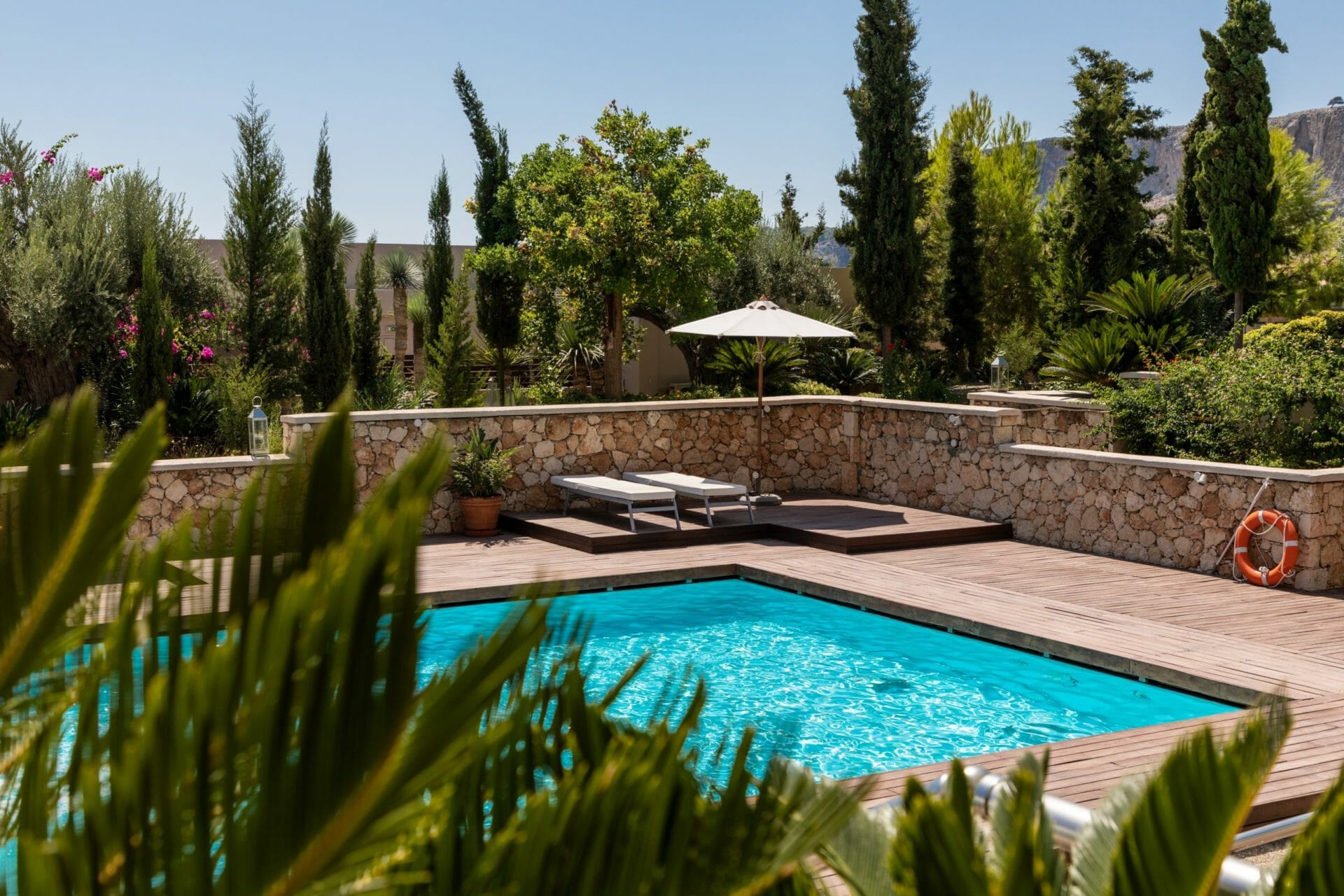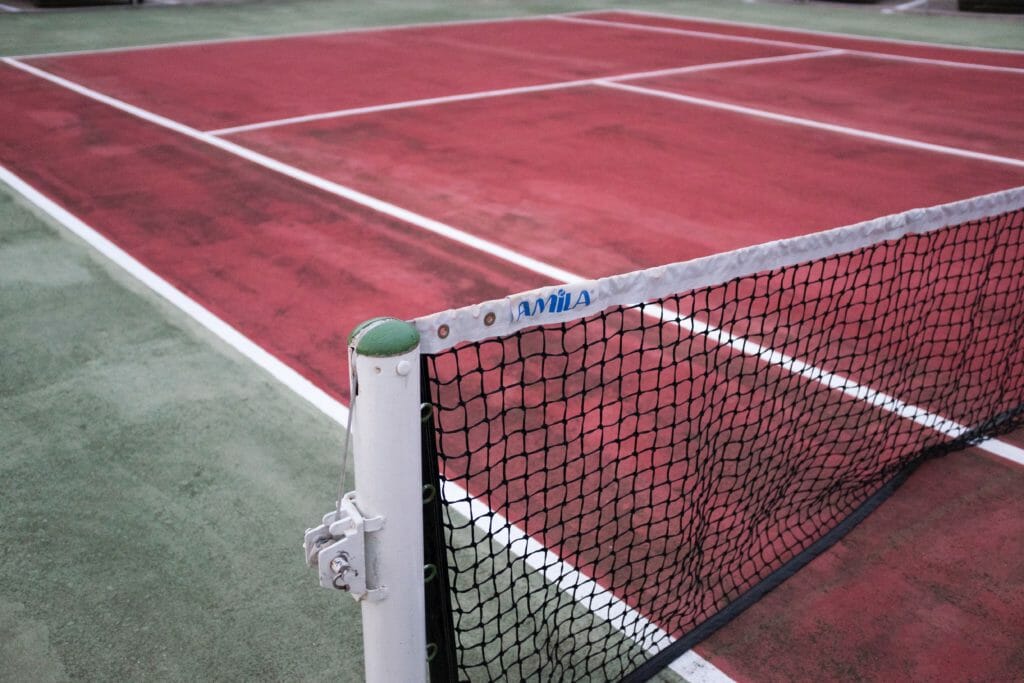Summer is fast approaching, but there’s a big cloud of uncertainly looming over outdoor pools, barbeque areas and other common areas. Due to COVID-19, many condos and HOAs are wondering if they will be able to reopen their most popular amenities.
As a safety precaution, every residential community was strongly encouraged to close all non-essential amenities. That included gyms, quiet/work spaces, clubhouses, and party rooms. A handful of owners were unhappy about this decision, primarily because everyone was (and is) still required to pay common expense fees. However, leaving these shared spaces open would have created too great of a risk for everyone who lives and works in the community.
This month, a few states and provinces have loosened restrictions and lifted stay-at-home orders. A small number of condos have reopened roof decks and community gardens, but they are adding strict limits to amenity usage. A resident can only use the amenity for an hour at a time, and only a few people can enjoy the space at the same time. It’s a start, but people are still being instructed to stay apart.
At this time, property managers and boards are being advised to follow directions from their state or provincial health and government officials. The rules about what you can and cannot do will vary depending on where you live. However, even if you are permitted to open the pool, tennis court or the gym this summer, should you?
Best interests of the community
When making a decision about whether to reopen a non-essential amenity, carefully consider if the pros outweigh the risks. If you manage a small HOA, you have the resources and tools to ensure the pool will be cleaned properly and frequently, and you are confident that owners will comply with all rules for the foreseeable future, then you can move forward with a concrete reopening plan. However, if you manage a very large community with hundreds of residents, is it reasonable to ask that only 20 people use the pool at a time? Will residents comply with these rules? And do you have the funds to invest in extra cleaning services and supplies? If you’re doubtful about being able to safely manage non-essential amenities, then it’s best to wait.
Rules and restrictions
The reopening of non-essential amenities should be subject to strict guidelines and conditions, many of which will be addressed by local officials. For example, in Florida, Palm Beach County issued Emergency Order 2020-005 which allows for the reopening of tennis and outdoor racquet facilities and community pools. The reopening of these recreational activities is subject to compliance with the guidelines from the Center for Disease Control and Prevention, and Palm Beach County has placed additional restrictions on each activity.
Amenity use will need to be regulated, and it won’t be possible for everyone to use the facilities whenever they please. Management may want to look at designing a signup schedule for tennis courts or shared outdoor spaces to establish a fair and organized process.
They will also need to ensure that every resident who uses a non-essential amenity understands and agrees to follow the rules.
Temporary rules should be properly documented, and stored somewhere that all members can read and review them. Consider sharing the rules through email, on your community website, or through a communication feature available on your property management software.
Swimming pools
It is our understanding that communities are at least strongly considering reopening their pools once health officials give them the green light.
The Centers for Disease Control and Prevention say there is no evidence that COVID-19 can spread through the water in pools, hot tubs, spas, or water play areas. Strict and frequent maintenance of these facilities should stop the coronavirus from surviving in the water.
We will use the rules from Palm Beach County to give you an idea of the measures you should take if you plan to reopen your pool this summer.
- Pool capacity shall be limited to ensure social distancing per CDC Guidelines is maintained at all times.
- Locker room and shower facilities shall remain closed. Restrooms shall be cleaned and disinfected regularly throughout the day. Soap and water or hand sanitizer and/or disinfectant wipes shall be provided in each restroom.
- Pool deck seating or lounging shall be restricted to ensure social distancing in accordance with CDC Guidelines.
- One or more facility staff or management must be present at each facility location to monitor and ensure compliance with the restrictions within this order.
Similar rules have been created in Texas and Virginia.
Residents may be assigned specific days to use the pool, and they may be required to stand or sit in spots marked out on the deck.
Experts also recommend implementing a no-guest policy this summer, as well as eliminating pool parties, games, swimming lessons, swim meets, and water fitness classes.
If you are planning to hire a lifeguard, their main responsibility should be watching the people in the pool. While they can play some role in making sure residents practice social distancing, that should not be their main job.
Tennis Courts
Similar precautions should be taken with tennis courts. Residents may need to sign up to play, and spectators should not be permitted on the courts. Only singles play is acceptable. Locker rooms and shower facilities should stay closed. Restrooms must be cleaned and disinfected multiple times throughout the day. Soap and water or hand sanitizer and/or disinfectant wipes shall be provided in each restroom. It is the responsibility of management to ensure residents comply with the rules.
Gyms
The gym may be the most beloved amenity, but it will also be one of the hardest to reopen. Equipment is close together, and gyms are, well, kind of sweaty.
Equipment will need to be wiped down between each use. However, condo and HOA gyms are seldom staffed. Residents would have to properly clean the equipment and cleaning supplies would have to be available at all times. Cleaning staff would have to attend to the gym multiple times each day.
For the time being, gyms should stay closed. However, if you do plan to open your gym later in the summer, some equipment may have to be blocked off to increase the space, and workout times should be staggered.
Party/Game Rooms
Residents generally have to book party or game rooms anyway. Management should restrict or minimize available booking times, and there may be limits on how many people can use the room at one time. Again, it would be up to management to ensure that residents comply with the rules. These shared spaces will need to be thoroughly cleaned after every use.
Ask a lawyer first
Before reopening any non-essential amenities, boards should consult legal counsel to confirm their ability to safely manage these facilities. The liability associated with reopening without being able to properly comply could be a costly and dangerous mistake. A lawyer can help you determine which amenities you can reopen, and which ones should remain closed.
Safely reopen amenities
A good strategy to limit the spread of COVID-19 is by limiting the amount of residents that can use an amenity at once. A great way to do this is by using our amenity booking feature to limit the amount of people allowed to use amenities like gym, pool, courts, and other amenities at the same time.
Conclusion
Summer is going to be a bit different this year, and we must prepare to make the necessary adjustments to ensure there isn’t a second wave of COVID-19. Remember, just because you can reopen some amenities does not mean you should.



